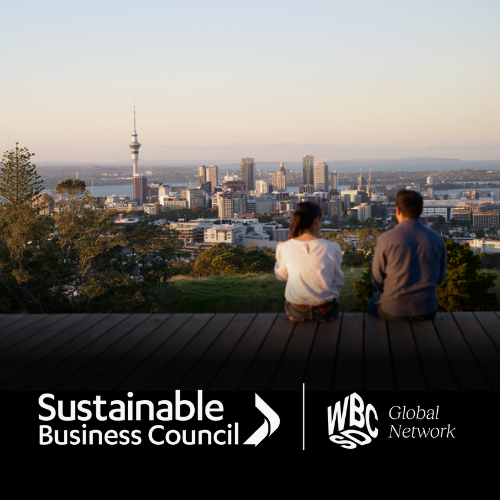COP26 in Glasgow closed this weekend with negotiations running an extra 26 hours overtime. In his fourth and final video update from COP, Rod Oram reports on those final days and hours of action, sharing the outcomes and priorities that have become clear throughout COP, and what he has learned about New Zealand’s unique position against climate change.
Transcript
Kia ora koutou and welcome back for the fourth and last of my reports to you from the COP26 climate negotiations in Glasgow. As you’ll know from the news the 14 days of negotiations ran on for another 26 hours. They finally finished at 8pm yesterday evening. The extra time was very valuable, while the Glasgow climate pact, as it’s called, was nowhere near as ambitious as needed and hoped for. It did reach agreement on a dozen or so key, very useful issues which will accelerate global progress on climate. The last 26 hours were crucial while some decisions in the final draft were weaker than in the first draft, notably on phasing out fossil fuels.
Those more committed to climate action managed to hold the line against those notably fossil fuel-producing countries led by Australia, Russia and Saudi Arabia, who pushed hard to the very last to weaken the pact further. Yet the science is crystal clear – we all have to rapidly ramp up our climate responses. The tasks are so huge and the time is so short. Two priorities dominate. First, capital is moving far faster than politics – it usually does, but on climate the speed differential is extreme. On one hand, institutional investors worldwide signed up to the Glasgow Financial Alliance for Net Zero. They manage 170 trillion US dollars of financial assets. But on the other hand, governments of the nearly 200 nations of the world have made emission reduction pledges so far which add up to 2.4 degrees centigrade of climate heating, far above the 1.5 degree centigrade we have to achieve. Second, business leaders believe they are leading the transformation to a net zero global economy. Now that is true in some respects, such as rapid development and adoption of clean technologies and the increasing speed with which an increasing number of companies are reinventing their businesses in order to act decisively on climate. All that is very essential and very welcome but it’s only part of the story.
The climate crisis has many causes, not solely energy sources and business models which are now absolutely dead wrong for the climate and humankind. Thus the climate crisis is not a business crisis which can be solved mainly by business. Rather, the climate crisis is caused by many human failures such as consumption patterns, partisan politics, short-termism, and indeed, selfishness, greed, and apathy, to quote Guss Speth, a US scientist and former head of the United Nations Development Program, a position held more recently by Helen Clark, and a towering leader of the US environmental movement over the past 40 years. Thus the climate crisis is a crisis of society which can only be solved by an all of society response. And it was very obvious at COP26 that civil society felt absolutely left out of the negotiations – indeed they had far less access to discussions and meetings than they had at prior COPs.
Each one of us must play our own role, each of us though can only do an infinitesimally small thing. But if an infinite number of us do our infinitesimally small thing we can solve the climate crisis and make this a better world for all people. On all these great challenges we are very fortunate in Aotearoa New Zealand. We have abundant natural capital, we live in a place on the planet which is ideal for us humans, we are a small but very diverse society, we connect well with each other and collaborate creatively. We’re far away from other nations yet we have strong relations and connections with them. All of those attributes are immensely powerful for us – they can ensure that our business responses help us build our all of society response to the climate crisis, include giving our politicians the mandate, the conviction, and the courage to play their role fully.
That’s the biggest thing I’ve learned at COP26 in Glasgow these past two weeks. I’ve learned much more besides so I greatly look forward to passing on some of those thoughts to you when I join many of you in the post-COP online panel discussion the Sustainable Business Council is holding for you members, this coming Friday November the 19th at 12:45 pm. So see you then, ma te wa.

